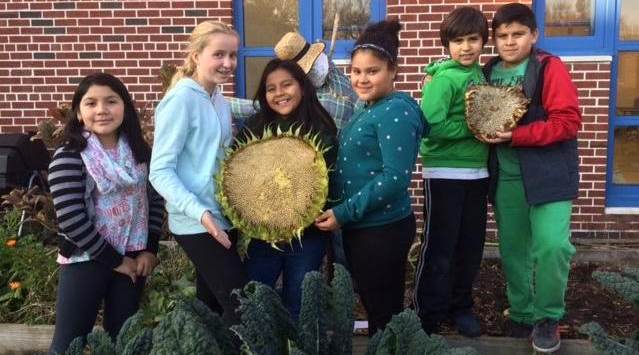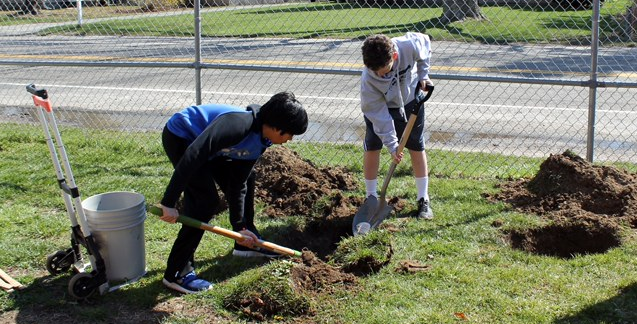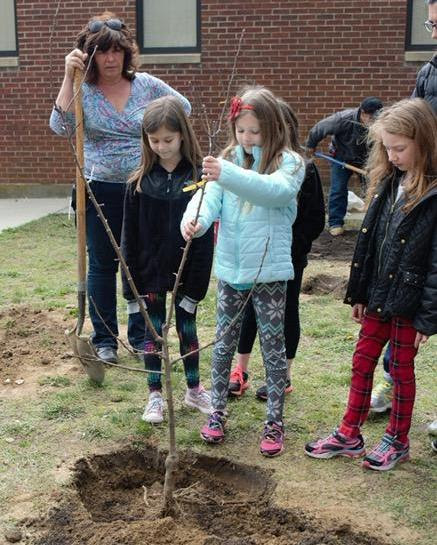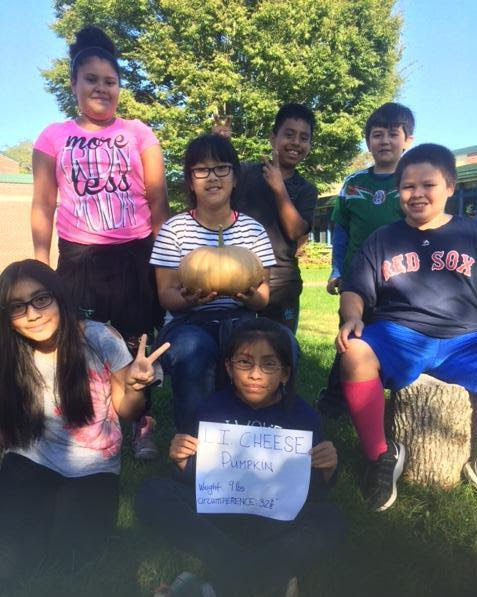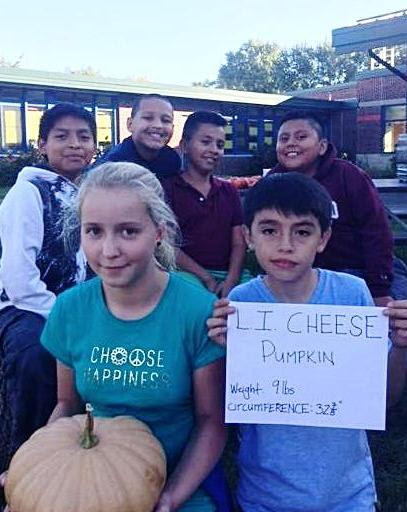Reflections on 2017 by Anne Howard

Anne Howard, SFEE’s Chair
Dear Slow Food Members and Friends,
Happy New Year from Slow Food East End! As 2018 begins, we congratulate our chapter’s new officers, Leaders and committee chairs. Pierre Friedrichs is our new Chair, with Megan Schmidt serving as Vice Chair. A complete list of new positions can be found at the end of this recap.
It has been my pleasure to have served as Chapter Chair for the past two years and to have been a SFEE Leader for 6+ years. I want to thank my fellow Leaders for their commitment to the Slow Food movement. Our Board is made up of team players who work together in incredible ways. We value our members and supporters – without you, we would not have one of the most successful, active Slow Food chapters in the U.S. Thank you for your involvement and dedication to good, clean and fair food for all.
With appreciation and warmest wishes for 2018,
Anne Howard, Chair 2016 – 2017
What goals did Slow Food East End accomplish in 2017? Just take a look!
Bringing People Together through Community Potlucks
This year we changed the name of these popular gatherings from “Snail Suppers” to Community Potlucks in order to be more inclusive. We thank the following hosts and partners:
- Pennie and Paul Schwartz, Southold
- Lauren Lombardi and Brie DeChance, East Marion
- i-tri girls, East Hampton
- Bridge Gardens and the Peconic Land Trust, Bridgehampton
- Susan and Myron Levine, Sag Harbor
- Quinipet Camp & Retreat Center for hosting our largest-ever Annual Meeting on Shelter Island
- Joan Turturro and Howard Leshaw, Orient Inn, Orient
Developing Alliances and Partnerships
We reached out to develop closer relationships with several prominent, like-minded organizations during 2017:
- Amagansett Food Institute, Amagansett
- Wellness Foundation, Sag Harbor – SFEE was a sponsor and presenter at the Wellness Foundation’s 2017 Wellness Conference for East End schools.
- Sylvester Manor Educational Farm graciously hosted our SFEE Leaders’
- Meetings at their beautiful Manor House. We were proud to sponsor a two-page ad in their 2017 program.
- Hampton’s Seed Exchange, benefiting Project Most
- Dandelion Festival exhibitor at KK’s The Farm, Southold
- Food Lab at Stony Brook – SFEE was a sponsor of the 2017 Food Lab Conference in June. Pierre Friedrichs represented Slow Food on a panel about “Increasing Access to Healthy Food”.
- The Moore Charitable Foundation – our sincere appreciation for helping support our programs.

Educating the Community
- Teacher Training for “W-Kids: Healthy Food for Life”. SFEE provided funding to expand this successful Wellness Foundation program to four school districts on the North Fork.
- “Know Your Farmer” presentations at SFEE Community Potlucks. Our thanks to all who spoke!
- Good Water Farms Tour and Tasting. A big thank you to Brendan Davison and Megan Huylo for teaching us all about microgreens. We were impressed!
- Cooking Classes – for the first time ever, Slow Food Leaders conducted intimate, hands-on cooking classes. Topics included fresh pasta (Chef
- Pierre Friedrichs and Laura Luciano) and Slow Fish (Al Goldberg). Our thanks to all who taught and participated!

Expanding Our Commitment to Edible School Gardens
- Our thanks to the Joshua Levine Memorial Foundation for being such a great partner. Together we hosted our annual spring fundraiser, A Moveable Feast, to raise money for Edible School Gardens. To all who made this event so successful: chefs, wineries, food and beverage producers, Dodds & Eder in Sag Harbor, silent auction donors, teachers, parents, kids, volunteers, guests and donors – we thank you, and so do the kids who benefit!
- Head Start – our Master Farmers began helping Head Start staff introduce fresh foods and healthy eating to kids who have limited access to good, clean and fair food.
- Chefs to Schools – this program links local chefs to schools and teachers who want to bring cooking into their classrooms. Thanks to all who have participated.
- New Master Farmer – we welcomed Mark Antonio-Smith as our newest Master Farmer, joining Roxanne Zimmer and Lucy Senesac. You guys rock!
- Mini-grants totaling $11,400 were provided to school gardens that are part of the Edible School Garden group.
Greater Visibility for Slow Food
- Our Snail of Approval program recognizes and helps promote businesses that are committed to the principles of Slow Food.
- Snail of Approvals were awarded in 2017 to Almond, Bell & Anchor, and Art of Eating.
- The Snail of Approval Committee is one of our most active. This year the committee developed evaluation criteria for farm stands. Look for more Snail of Approvals to be awarded in the spring of 2018 as this program expands.
- New Membership Brochure – finally, a beautiful new membership brochure has been created and printed, exclusively for Slow Food East End. Be sure to pick up a copy at any SFEE event.
Reaching Out to the Farming Community
- Agriculture Community Outreach Committee – this newly formed SFEE committee will work to strengthen our ties to the farming community.
- Leaders Abra Morawiec of Feisty Acres Farm and Kim Folks of Sylvester Manor Educational Farm will serve as co-chairs of this committee.
- A Farmer Leader – Congratulations to Abra Morawiec, one of our new Leaders (board members). Abra recently spoke on behalf of Slow Food at a public hearing before the Southold Town Board concerning changes to the town code on wineries. The proposal was withdrawn!
- SFEE is a proud member of the Long Island Farm Bureau.

Spotlight on Slow Fish
- Spotlight Dinner at Noah’s in Greenport – Chef Noah Schwartz treated a packed house to a fabulous “Slow Fish” dinner in late April. Chef Noah explained each fish dish between courses, making for an educational and delicious evening!
- Slow Fish Cooking Classes – Leader Al Goldberg is a good cook and a good fisherman! Al conducted two cooking classes in August, focused on sustainable seafood and fish cookery.

Supporting Slow Food USA
- Slow Food East End provided financial support to Slow Food Nations, the national gathering sponsored by Slow Food USA in Denver in July 2017.
- SFEE was represented at Slow Food Nations by Leaders Laura Luciano and Jeannie Calderale.
- Our chapter is proud to have two of our members serve as Slow Food NY State Governors – outgoing Governor Judiann Carmack-Fayyaz and new Governor Laura Luciano. Congratulations to you both!












